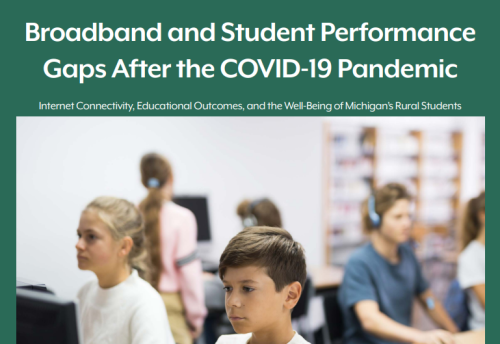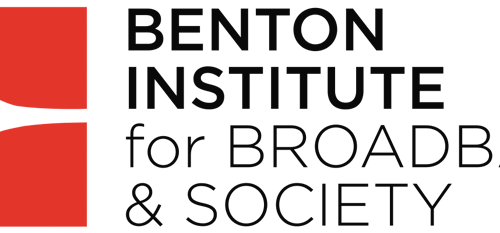I often hear laments about the lack of attention of policy-makers to disciplines such as communications, Internet studies, political science, and sociology. Indeed, often it is scholars and advocates arguing from an economic, engineering and law perspective, who are heard. In my view, these disciplines have an inherent “epistemic advantage” over others because one of their driving questions is how to improve (or even “optimize”) the working of a system, either analytically or by trial and error. A classic example is David Clark’s motto, articulated at an IETF conference in the early 1980s, calling upon the community of Internet engineers to develop “running code and workable compromise”. Consequently, the approaches used by engineers and economists lend themselves easier to derive prescriptive statements, which are a necessary prerequisite to develop solutions to a policy problem. Law (especially jurisprudence) does not seek to “optimize” but naturally has a strong normative tradition (e.g., testing whether a proposal is compatible with constitutional principles or by starting from some conception of rights). Thus far, the normative conclusions from communications, political science, and sociology have been less successful in finding their way into the practical policy and governance discourses, although they have an important role to play.
In an era when governmental policy-making faces a deep crisis of public trust, scholars and practitioners need to coalesce to develop a new shared vision of “policy”. It would be regrettable if public distrust and skepticism led to disengagement with collective choices, as they have important consequences for the design, working, and effect of media and information technology and services. Since the late 1960s the research community has developed a broader understanding that government policy is only one coordination mechanism for socio-technical systems. In our field (as in many other areas) other forms of governance (repeated interactions among stakeholders from which norms emerge, voluntary coordination, de facto leadership by a player—see WiFi which is essentially an Intel creation) are very relevant and influence outcomes. Governance measures can affect a system at various levels and intervention points: technological design choices, incentives and nudges targeted to individual players, laws and regulation that affect an entire sector or society at large, they can be regionally targeted, etc. etc.). Not all of these choices are necessarily made with a governance perspective in mind (remember Lessig’s Code and other laws of cyberspace).
Given the interdisciplinary talent of faculty in our department of media and information and the Quello Center, our opportunity is to theorize and study (empirically, experimentally, and computationally) how such different forms of governance affect the socio-technical systems we are interested in. As well, we can endogenize these choices to examine how these forms of governance are shaped by society. That is where I see the cutting edge of theorizing and research and also a great opportunity for us and the larger community of scholars and advocates.
Johannes Bauer, Professor and Chair, Department of Media and Information



